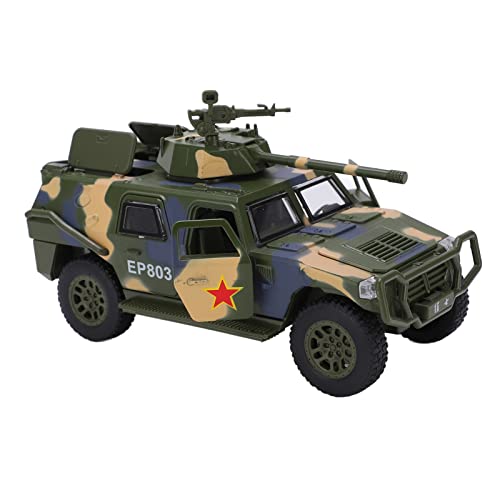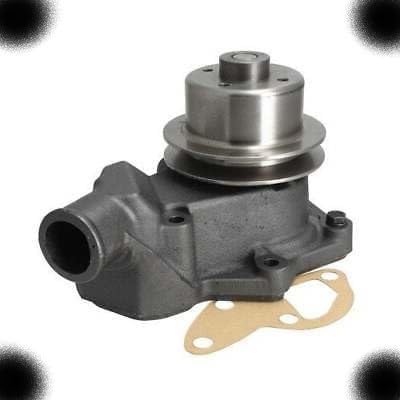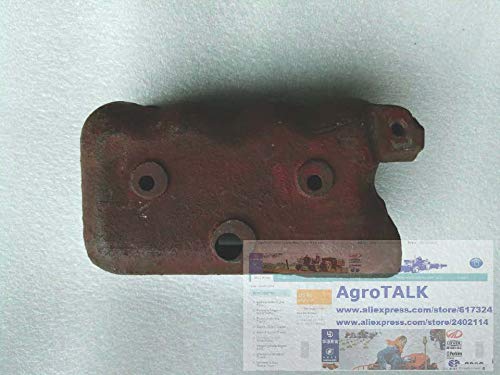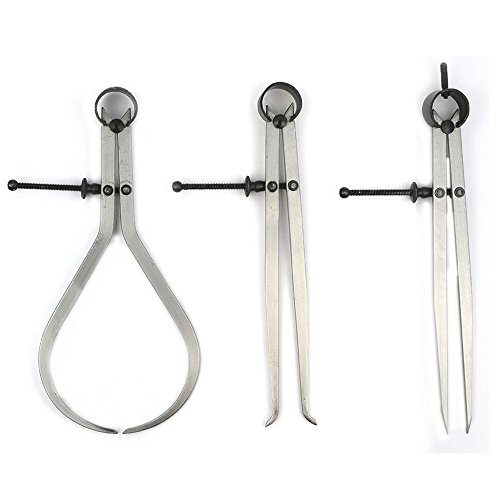First, I'm glad you're taking the time to chew it all over.
Second, I would encourage you to buy just one, a lathe, or a mill. The learning curve is engaging, but still real, for you must work for precision. The tooling costs are equally real, and probably more diverse tools than you have realised are needed. This is presumptuous of me, I know, but you will quickly need a bunch of things, if you aim to learn to hit the mark, every time. Quality measuring tools are expensive, for one. Even the cost of stock can be surprising. And marking out a casting, for example, for machining is often a real challenge.
Third, I had a mini lathe, an Emco Compact 5, 350mm between centres. Way too small. My answer to this issue: I suggest to people that they buy an industrial bench machine. Consequently, I now have a Chinese made mill-drill (dovetail column) and a 550 mm between centres lathe, also no-name.
For the mill, a table with 4 16mm T-slots and a weight of some 300 kg indicates that you are getting into the hitting zone, I think. (I use the mill 80% of the time.)
If you get a mill first, get a rotary table (with kit for dividing) as soon as you can: you can do a lot from here. (Use You Tube for info: not many good books around: tons of good lathe books, though).
Finally, from me, what support do you have? Who can you turn to, a mill guru, or a lathe guru? Support from someone who can show you is important, and I encourage you to think about this.






![DreamPlan Home Design and Landscaping Software Free for Windows [PC Download]](https://m.media-amazon.com/images/I/51kvZH2dVLL._SL500_.jpg)





























































